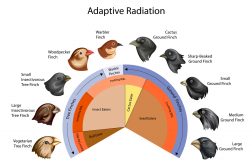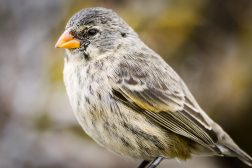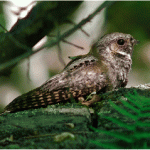Definition
noun
(ecology) A symbiotic relationship between or among living things that compete for a limited resources, such as food, space, shelter, mate, ecological status, etc
(general) The act of competing; rivalry
Supplement
In biology, competition refers to the rivalry between or among living things for territory, resources, goods, mates, etc. It is one of the many symbiotic relationships occurring in nature. Same or different members of species compete for resources, especially for limited natural resources.
Competition may be intraspecific or interspecific. Intraspecific competition is a form of competition between members of the same species. An example of intraspecific completion is plants of same species (e.g. trees that grow very close together vie for sunlight and soil nutrients. Hence, these plants competing for limited resources such as soil nutrients and water are affected, particularly their growth and structure. Some plants that cannot obtain much sunlight tend to bend towards the sun. Other plants adapt by growing taller or developing bigger roots. In contrast, an interspecific competition is a form of competition between different species inhabiting the same ecological area. An example of interspecific competition is between lions and leopards that vie for similar prey. (Ref.1) Another example is a farm of rice paddies with weeds growing in the field.
Competitions may also be categorized based on the mechanism used:
Word origin: Latin competitio.
See also:
Related term(s):
- Apparent competition
- Competition hybridisation
- Exploitation competition
- Exploitative competition
- Interference competition
- Interspecific competition
- Intraspecific competition
- Managed competition
Related form(s):
- compete (verb, to oppose; to contend)
References:
- Interspecific and Intraspecific Competition. (2020). Biome: Savanna. https://thebiomesavanna.weebly.com/interspecific-and-intraspecific-competition.html








